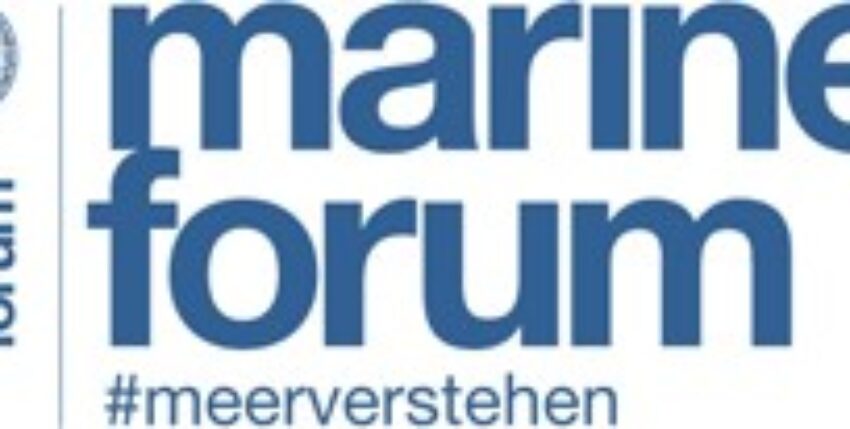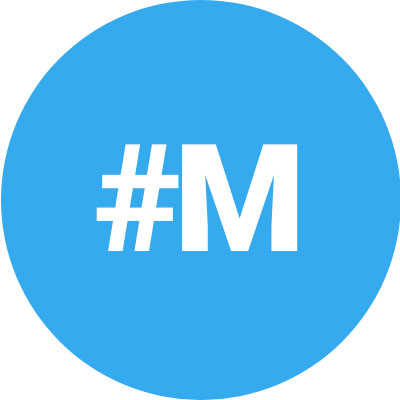This is the story of a man who was suspicious of his king because he had no politics at court, no hidden agenda and instead openly said what he meant and wanted. It is the story of a man who, after fighting and being wounded several times for his fatherland Portugal, fell on deaf ears in his homeland for his ideas and offered his services to the Spanish crown. The story of a man who wanted to put the puzzle pieces of the explored world together into a whole and fell in battle against the natives in the Philippines. It is the story of Ferdinand Magellan and his deed!
Stefan Zweig, who was born in Vienna in 1881 and died voluntarily in exile in 1942, tells this story, and he tells it in his own mixture of melancholy and hope in a way that cannot be described as a biography. This is typical of Zweig, as he also treats the biographies of great historical figures in a highly subjective, personalised manner in his other works. However, this does not detract from the book, nor does it come across as uncritical - the enthusiasm that Stefan Zweig displays from the very first pages is not in any way detrimental to the subject matter, i.e. the deed itself. Magellan's itself, without omitting the difficulties and conflicts that history, society, princes and superiors and Magellan create it yourself.
But every great deed of a single people is always done for all peoples. They all sense that this first incursion into the unknown has at the same time overturned all previously valid measures, concepts and feelings of distance, and so the latest news from Lisbon is followed with throbbing impatience at all courts and universities. Thanks to a strange clairvoyance, Europe grasped the creative nature of this world-expanding Portuguese deed, it realised that seafaring and discovery would soon change the world more decisively than all the wars and cartaunas, that a century-old, thousand-year-old epoch, the Middle Ages, had finally come to an end and a new era, the "modern age", was beginning, which would think and create in other spatial dimensions.
Driven by the need for an alternative trade route with India and China, change is in the European air. Trade with the Orient and the Far East stagnated at best and during the Middle Ages would not reach the level that prevailed in antiquity between Europe, the Far East and all peoples in between. The Christian West not only needed luxury goods, silk and spices, but also incense from the Orient for its churches. Trade took place overland, the trade routes were well-known, but dangerous, arduous, lengthy and expensive. Europe is well aware of its needs and its dependence, and the idea of an alternative route to the Far East is not new. A direct sea route is not known, the seas have not yet been explored - there is a lack of technical possibilities and the will to create them. This development is set to begin in Portugal of all places. Portugal, the smallest of the European countries, up to its navel in the sea and with its back to Spain, makes a virtue of this geopolitical necessity. Here, at the behest of Henry the Navigator, Prince of the Portuguese King, the technological, social and political foundations were laid in the 15th century to turn Portugal into a seafaring and trading nation from virtually nothing!
While in 1418 [...] it was still a source of astonishment that the first barcas reached Madeira, in 1518 Portuguese ships landed - contrast the two distances on the map! - already in Canton and Japan [...]. Inspired by such speed, the world view must change and expand from year to year, indeed from month to month. Day and night the map engravers and cosmographers sit at work in their workshops in Augsburg, but they can no longer fulfil the orders. Still damp, still uncoloured, the engravings are torn from their hands, and the printers cannot bring enough travelogues and globes to the book fair, everything wants news of the "mundus novus".
This development must have seemed unbelievable, almost inhuman, to people. The sudden increase in the speed at which goods and ideas spread made a powerful impression on the curious, but until then leisurely, Old World, comparable to the information revolution of our time. After centuries of stagnation, globalisation is picking up speed again and, for the first time in history, the entire globe is being opened up. The parallels to the information revolution through the internet are obvious, the need for up-to-date and accurate map material throughout Europe a symptom, because information about the New Worlds not only satisfies people's curiosity, it is important for trade and politics and for making decisions about war and peace.
Only one deed remains, the last, the most beautiful, the most difficult: to circumnavigate the entire globe on one and the same ship and thus to measure and prove the round shape of our earth against all cosmologists and theologians of the past - it will be the life idea and the fate of Fernão de Magalhaes, whom history will remember for a long time. Magellan calls.
Stefan Zweig
Magellan - The man and his deed
Vienna, 1938
For example with amazon.com








2 responses
Are such historic individual achievements in science, research and technology still even possible? The newly discovered Higgs boson particle, for example, is named after its theoretical father, but it was actually found by an international team of researchers. In these post-heroic times in which the West finds itself, and in view of the increasing complexity of all interrelationships, can such deeds still be achieved by individuals?
Magellan stands for the innovation & diversity that Europe should be proud of. Today more than ever, we need navigators like this!